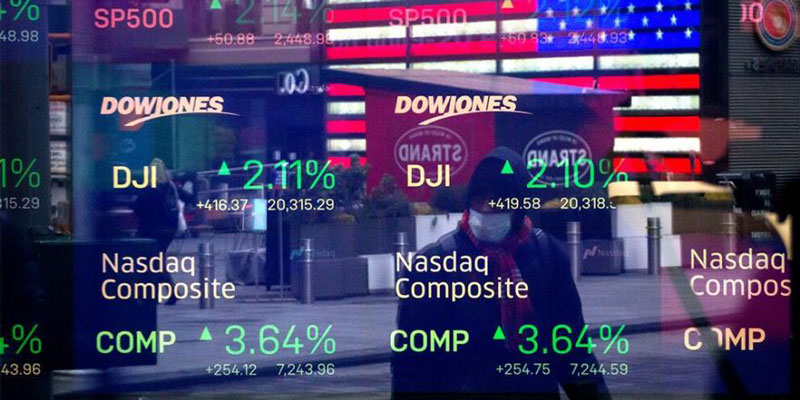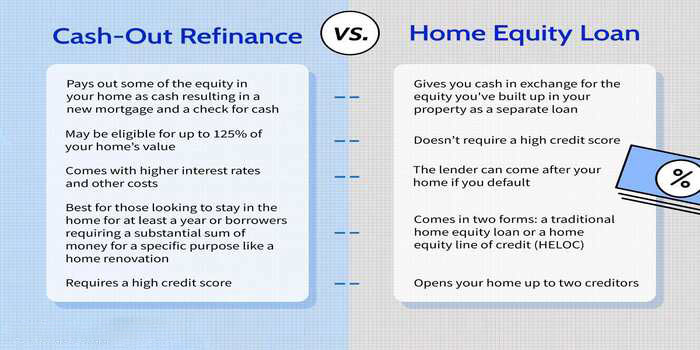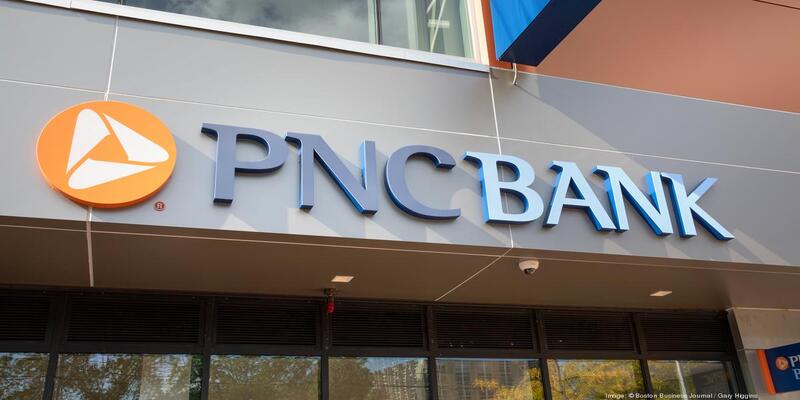The differences between greenfield and brownfield investments are often overlooked or misunderstood by those who enter the market without doing their homework, but understanding these can help business owners make the right decisions before making an investment. In this article, we will give a quick overview of what a greenfield and brownfield investment is as well as take you through some examples. By the time we're done, you'll have a better understanding of what to consider when deciding whether you should go for a new business or tuck your money into an already established one.
What's Green vs Brown?
Greenfields are new properties that don't exist now, whereas brownfields are abandoned properties that need redevelopment work to turn them into productive workspaces.
To elaborate on the difference between the two, let's take a look at a few examples. Some brownfield properties that have been around for years include old shopping centers, office buildings, and other facilities that have been left unattended due to changing market conditions. Since the property owner has ceased using it, it can be argued that it's no longer productive in its original purpose.
A greenfield property, on the other hand, could be an entirely new factory or production facility or an office complex that has never been used before. When developers are looking at these options, they are also looking at real estate and environmental risks associated with them. Another difference is that greenfield investments are usually in the initial stages of the business process, while brownfield ones have been around for a while.
Benefits of Brownfield Investments
Brownfields usually come with more ready-to-develop land. Since they were once productive, they already have existing infrastructure like roads and utilities that can be easily connected to by developers. Because of this, brownfield investments are often cheaper than greenfield properties as well. It's easier to bring a brownfield project to completion quickly because most of the work has already been done during their "working years". Lastly, it does not take long to get a building from being abandoned or uninhabited to being fully functional and open for business.
Disadvantages of Brownfield Investments
Brownfields often have decades of built-up contaminants that need to be carefully removed before they can be redeveloped. This can prove expensive as developers will have to hire environmental specialists to keep the work site safe and clean. There can also be restrictions on what types of businesses can be placed on a particular brownfield property due to the previous uses that were conducted at the site (for example, an old gas station). These problems usually run across multiple business owners and their requirements, so it may complicate things for all of them. The presence of these issues is what makes the redevelopment process take longer than if you were trying to make a greenfield project ready for use.
Benefits of Greenfield Investments
With a greenfield project, the company doesn't have to focus as much on cleaning or rebuilding projects because it is built from scratch. These projects can be completed faster than brownfield ones because you're dealing with property that has never been used before (and never will be used again). You also get to choose what type of building you want to place on the property, so you can ensure any environmental problems will not affect your business operations.

Disadvantages of Greenfield Investments
The major downside to greenfield projects is that they are usually more expensive than brownfields. Additionally, it can take longer to develop a greenfield project than a brownfield one.
Should You Choose a Greenfield or Brownfield?
It really depends on where your priorities lie. If you want to get back to work as soon as possible, then a brownfield property is the way to go. However, if you are focused on making sure your business has no impact on the environment or waits until it becomes fully operational with all necessary facilities and utilities before starting operations, then a greenfield project is for you. It's important to remember that if you're working in real estate and trying to determine whether one is better than another, there isn't always an easy answer.
To help guide you in your decision, let's look at some real-life examples of each. Consider this example:
Greenfield Example
A developer is interested in investing millions into a brownfield property with the purpose of turning it into a lucrative office building. However, they don't want to keep waste on site which can pose risks to the surrounding area. Since business owners are not yet in place, they want to focus on building offices and not worry about maintaining or cleaning up after it is completed because they will just be leasing the space out. They feel that this will give them more time to make sure the other businesses coming onto the property meet their exact specifications and requirements before opening for business. Their main goals are locations and flexibility.

Brownfield Example
A developer is interested in building a new facility for manufacturing a food product. They want to be on the cutting edge of technology, so they want to use green materials for construction that will last for a long time (and won't be out of date in the next few years). They want their product to be environmentally friendly and do not want the risk of contamination from their manufacturing process affecting local residents or animals. Their main goal is to create something that isn't harmful to people, animals, or the environment.
Based on these examples, you can see that each investor has different priorities when they decide if they will go with a brownfield or greenfield project. While we don't typically think of greenfield properties as "riskier" than brownfield ones, they do require additional planning, while brownfield projects can be finished faster with less preparation.
This means if you're deciding which real estate investment is right for your business, you will have to perform your own research and stop focusing on what everyone else says. To make things easy, use tools that can help make your decision easy.




